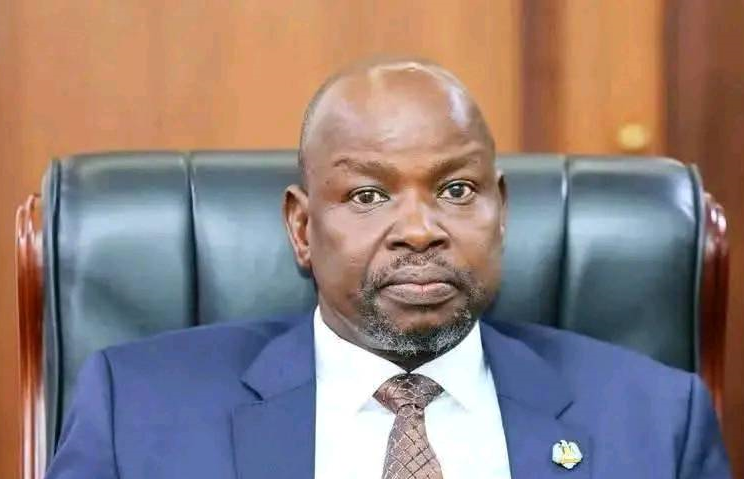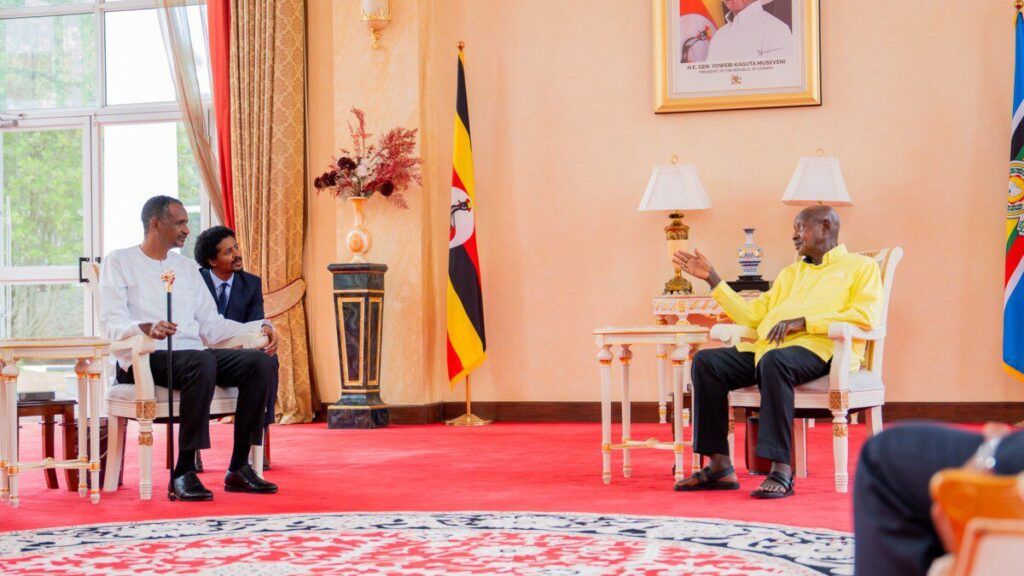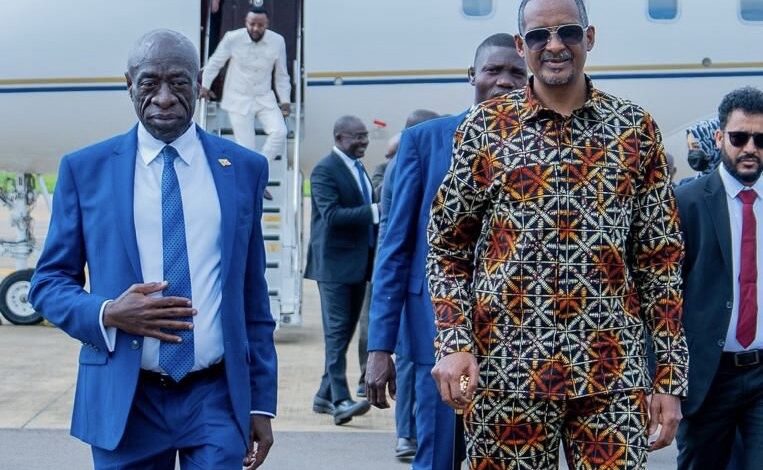
U.N. investigators accused South Sudan’s leadership of entrenching “systematic looting” of public funds, spotlighting an off-budget “oil-for-roads” scheme that paid about $1.7 billion to companies linked to Vice President Benjamin Bol Mel for work largely left undone between 2021 and 2024.
In findings released Tuesday, the U.N. Commission on Human Rights in South Sudan said the opaque road deals are one example of “grand corruption” that has drained state revenues and deepened a nationwide hunger crisis. The commission’s 101-page report says off-budget arrangements and politically connected contracts have siphoned oil and non-oil income while basic services languish.
Investigators estimate the oil-for-roads programme disbursed roughly $2.2 billion over four years, consuming up to 60% of government payouts in some periods, yet delivering less than $500 million worth of drivable roads amid inflated pricing and overstated project lengths, the report says.
South Sudan’s government rejected the conclusions, saying the numbers do not match its records and blaming economic pain on conflict, climate shocks and lower oil sales. It cited updated anti-corruption laws as evidence of reform.
The commission argues graft best explains South Sudan’s persistent humanitarian emergency, with nearly two-thirds of the roughly 12 million population facing crisis levels of food insecurity or worse. Since independence in 2011, the country has generated more than $23 billion from oil exports, yet public spending has failed to meet basic needs; in one recent budget, the Presidential Medical Unit received more money than the entire public health system, the report notes.
The release of the report comes days after prosecutors charged First Vice President Riek Machar with crimes including treason and crimes against humanity, underscoring rising political tensions in the fragile coalition.




